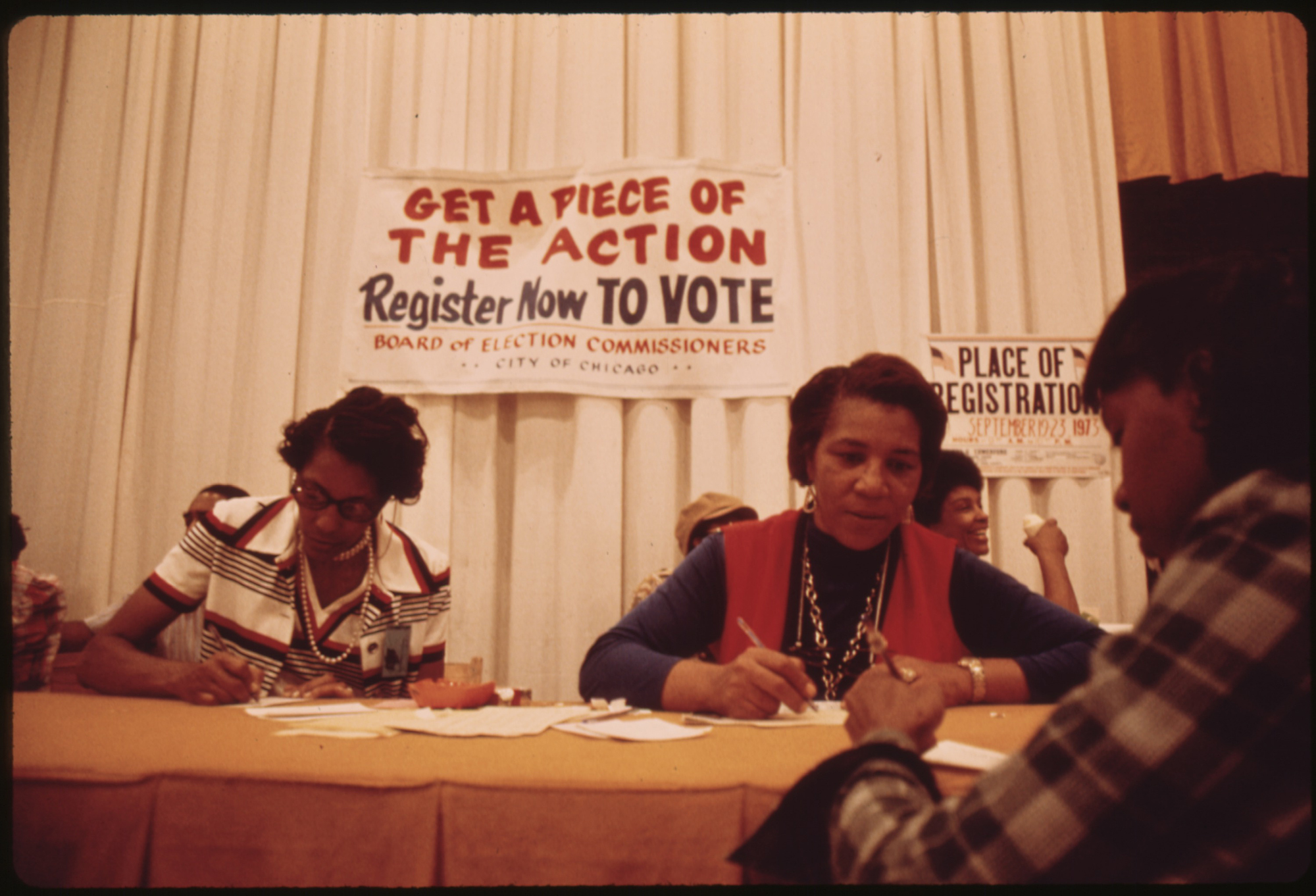Kathleen Brown, Mary Frances Berry, and Political Science's Adolph Reed define what the “Black vote” means when viewed through history, and what it doesn’t mean when viewed as an indivisible bloc.

Black History Month has been thematic since its inception in 1976, not to distill focus on the African American experience but to add to a collection of historical awareness and food for thought. This year’s theme, African Americans and the Vote, is deceptive in its title, and, as Penn researchers elaborate, on the face may be an inaccurate representation of singularity. In fact, the African American vote spans a history that extends beyond the adoption of Black suffrage in America, has been politically and socially fraught, and is representative of as diverse a voting body as the country at large. In short, there is not one Black vote, and there is not one history of the Black vote. The nuance is at the heart of Black History Month’s theme, and implores all Americans to understand the history and the current climate, to educate themselves on what it means to be Black in the American polity.
Penn Today reached out to current and former Penn faculty in the School of Arts and Sciences to expound on the idea of the African Americans and the vote. Read the full story here.
